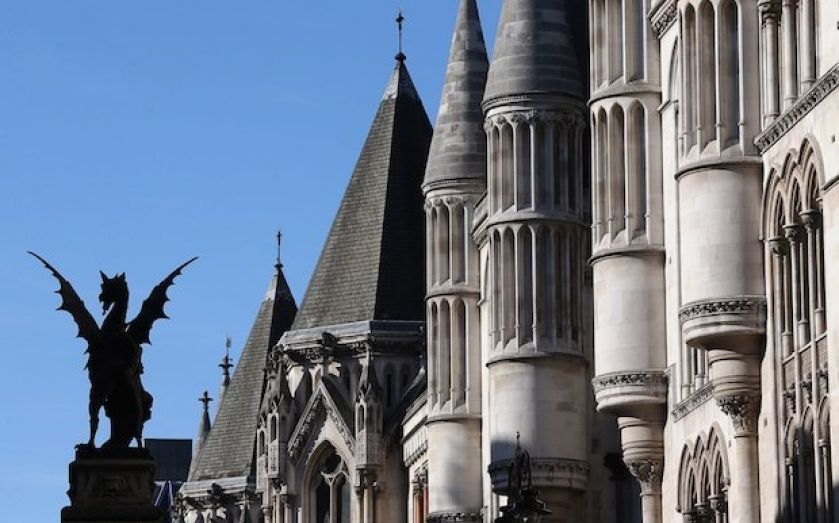The Royal Charter press deal will have a chilling effect on UK journalism

IS THIS the end of 300 years of press freedom? Yesterday, the Privy Council – a cabal of government ministers – asked the Queen to rubber-stamp its plans to underpin a new press regulator by statute and Royal Charter. This marks the first imposition of state-backed press regulation in Britain since the despotic system of Crown licensing ended in 1695.
Our political leaders stitched up the Royal Charter deal in March – over 2am pizza with Hugh Grant’s Hacked Off lobby – supposedly as an alternative to “crossing the Rubicon” of direct parliamentary legislation. But this is arguably even worse.
A Royal Charter imposed by Crown prerogative, and overseen by the Privy Council, smacks of the unaccountable Middle Ages, when democracy was a dirty word. And it will be backed by statute anyway, with laws to give the courts power to impose “exemplary” damages and costs on publications which refuse to sign up to the “voluntary” system.
Seventeenth century Crown censors hated new-fangled newspapers that (as one licenser put it) made “the Multitude too Familiar with the Actions and Counsels of their Superiors”, and gave them “an itch…to be meddling with government”. As late as 1663, a printer who defied the Crown monopoly was hanged, drawn and quartered. Today’s more civilised politicians share that fear and loathing of “the Multitude”. They would use the ancient instruments of the Crown prerogative and the Royal Charter merely to have the popular press sanitised and lobotomised, rather than put to death.
Leading newspaper groups mounted a last-ditch (failed) legal challenge to the politicians’ Royal Charter. Even their own proposals for a new regulator accepted many of the harsh measures called for by Lord Justice Leveson’s report, including fines of up to £1m. But crucially, they envisaged no role for the state in policing the press. Maria Miller, the Conservative culture and media secretary, dismissed them as “unable to comply with some fundamental Leveson principles and government policy”.
Tough. It is not the responsibility of a free press to “comply” with the whims of government ministers or judges. Its job is to publish, and be damned.
We are not facing the prospect of state censorship, of course. But the mere fact that we do not live in North Korea is nothing to celebrate. There are already scores of laws impinging on press freedom in the UK, alongside a conformist culture of You Can’t Say That. A system of state-backed regulation will make matters worse and have a chilling effect on journalism. It will not deal with specific offences like phone-hacking. But it risks putting the entire press under house arrest.
Yes, there are problems with the UK press – but nowhere is the problem that the press is “too free”. To turn the culture secretary’s words around, the Royal Charter is “unable to comply” with the real “fundamental principle” that matters – the freedom of the press to inform, entertain and offend, without asking the permission of Her Majesty’s Most Honourable Privy Council or anybody else.
Mick Hume is editor-at-large at Spiked, and author of There is No Such Thing As A Free Press.